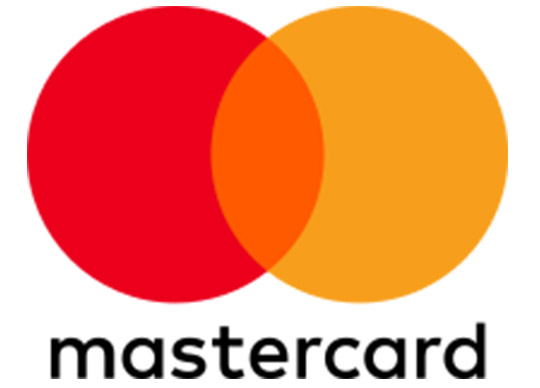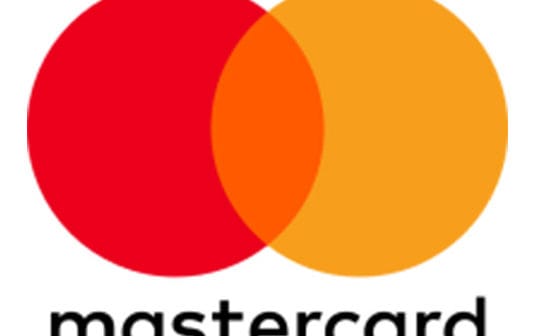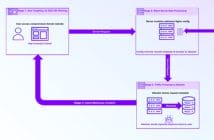
Mastercard has announced it has secured accreditation under the Australian Government’s Trusted Digital Identity Framework (TDIF) as an identity provider for identity proofing level 1+, identity exchange and credential provider. In doing so, Mastercard has become the first private sector organisation or entity to be accredited for more than two roles since the framework’s inception.
The TDIF sets the standards, rules and guidelines for digital identity providers based on international best practice and industry standards. Accreditation demonstrates that Mastercard’s digital identity service, ID, is trusted, safe and built to the standards set by the Australian Government. It will also support Mastercard to partner with local businesses to provide seamless, secure, and convenient identity verification in Australia.
Accreditation for identity proofing levels up to 1+ means users will need only an email address or mobile phone number to prove their identity. For some services they may also need an acceptable identity document, which includes full name and date of birth. Once accredited, providers need to continually demonstrate they meet their TDIF obligations by undergoing annual assessments.
“As many parts of the world begin to return to a sense of normality, with reopening of omnichannel retail and borders, the need for more effective and streamlined identity verification has never been so important. Australia is leading the way when it comes to this step change, and Mastercard is excited to continue its collaboration with the public and private sector to build a national identity ecosystem where citizens have trust and confidence that their personal information is safe and secure,” said Mallika Sathi, Head of Cyber & Intelligence Solutions and Digital Identity, Australasia, Mastercard.
Mastercard has been accredited under three out of four roles supported by the TDIF:
- Identity provider: providers can create, maintain or manage information about a person’s identity, and offer identity-based services.
- Identity exchange: exchanges convey, manage and coordinate the flow of identity attributes and assertions between members (identity providers, credential providers, attribute providers and relying parties) of an identity federation.
- Credential provider: providers can generate, bind and distribute credentials to individuals or can bind and manage credentials generated by individuals.
Mastercard has been scaling ID in Australia since 2019, announcing pilots with Deakin University and Australia Post and global partnerships with Samsung and Microsoft. In the past twelve months, Mastercard has partnered with Optus to roll out a pilot across sales and customer support channels.
“Digital identity not only has the potential to vastly improve the consumer experience, but also provide organisations with additional peace of mind when it comes to customer onboarding and relationship management. What’s more, its potential is global in scale – enabling citizens to create one identity that can be used with partners in Mastercard’s ID network, anywhere in the world. That is the end goal,” concludes Sathi.
Mastercard says it will continue to roll out ID in other industries across Australia over the coming months.





